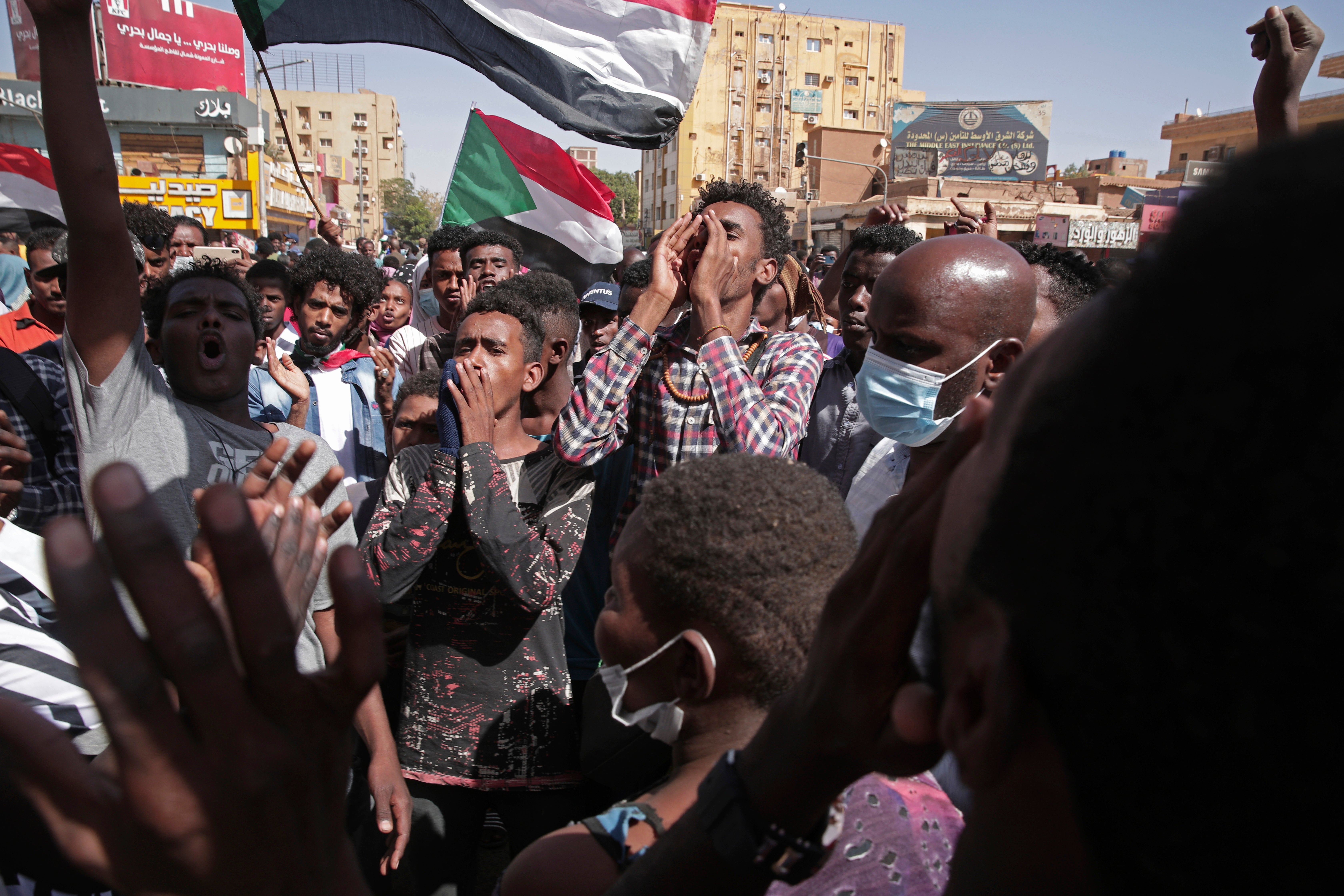UN expert in Sudan to verify rights violations after coup
A U.N. human rights expert is in Sudan to verify allegations of human rights violations after an October military coup plunged the country into turmoil and triggered nearly-daily street protests

A U.N. human rights expert was in Sudan on Monday to verify allegations of human rights violations after an October military coup plunged the country into turmoil. Thousands once again took to the streets of the capital to denounce the takeover.
Adama Dieng, the U.N.'s expert on human rights in Sudan, arrived in the capital of Khartoum on Sunday, a month after Sudan’s authorities asked for the postponement of his visit, according to the U.N. Human Rights Council.
Dieng was a U.N. special adviser on the prevention of genocide and served as an investigator for the International Criminal Tribunal for Rwanda. He was appointed in November to monitor the human rights situation in Sudan after the Oct. 25 military coup.
Dieng met Monday with acting Justice Minister Mohamed Saeed al-Hilu. He will also meet with other government officials, activists and civil society groups.
Dieng’s mission is to verify allegations of human rights abuses during protests that have been taking place since the takeover, said Gomaa al-Wakil, head of the human rights department at the Justice Ministry.
The takeover has upended Sudan’s transition to democratic rule after three decades of repression and international isolation under autocratic President Omar al-Bashir.
The African nation has been on a fragile path to democracy since a popular uprising forced the military to remove al-Bashir and his Islamist government in April 2019.
Sudan has been politically paralyzed since the coup, with near-daily street protests. Authorities launched a major crackdown on protesters. They fired live ammunition and tear gas at crowds on the streets and knocked the country’s internet and mobile signal offline — all in efforts to keep people from gathering.
Thousands of people marched in the streets in Khartoum and its twin city of Omdurman to call for the establishment of a fully civilian government to lead the democratic transition.
Security forces used tear gas to disperse the demonstrators. At least 10 people were injured, mostly with tear gas canisters, according to activist Nazim Sirag.
Since the coup, more than 80 people, mostly young men, have been killed and over 2,600 others injured in the protests, according to a Sudanese medical group.
Sudanese security forces have also been accused of using sexual violence against women taking part in the demonstrations. The U.N. called for an investigation.
Hundreds of activists and protest leaders were also detained complicating U.N.-led international efforts to find a way out of the stalemate.